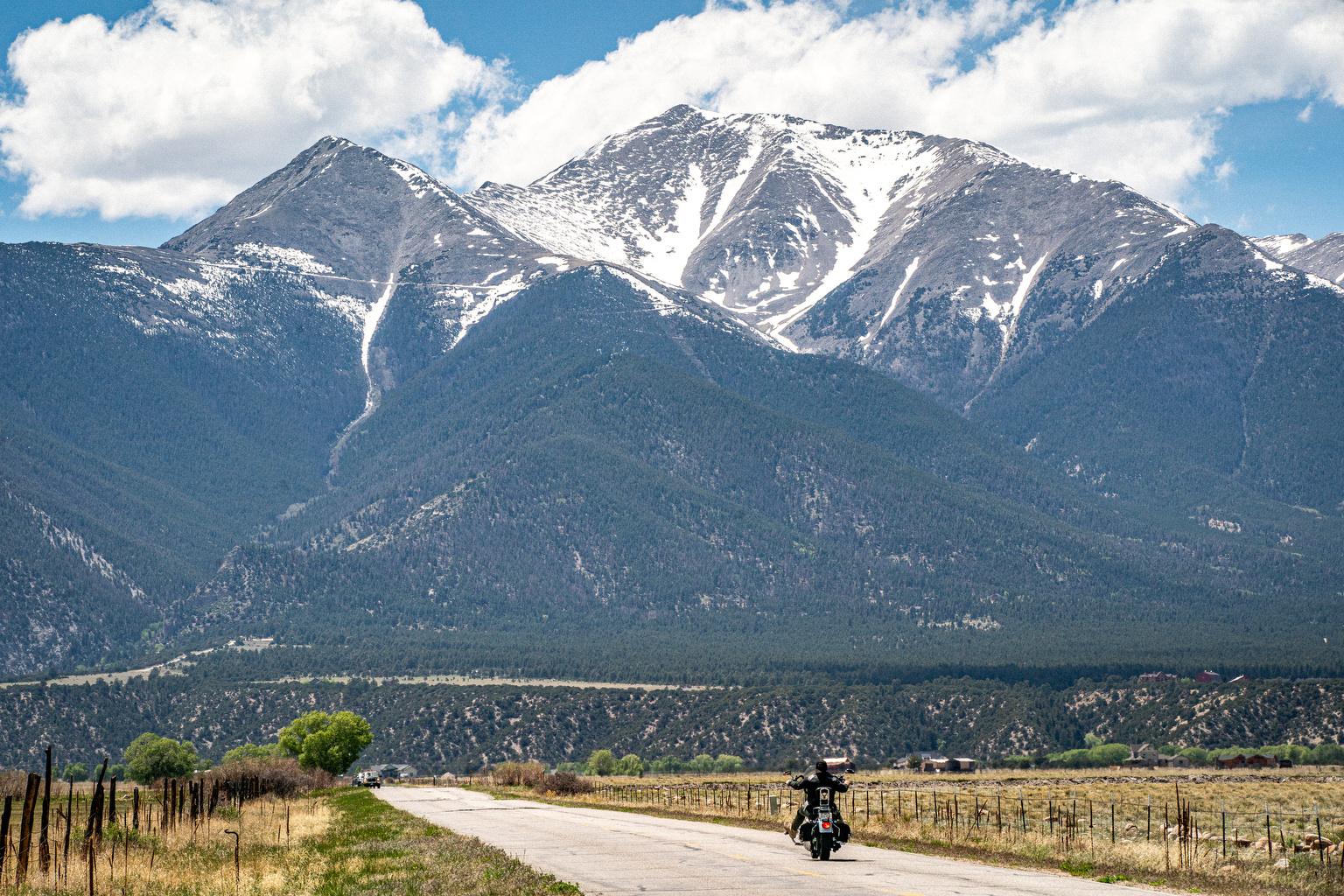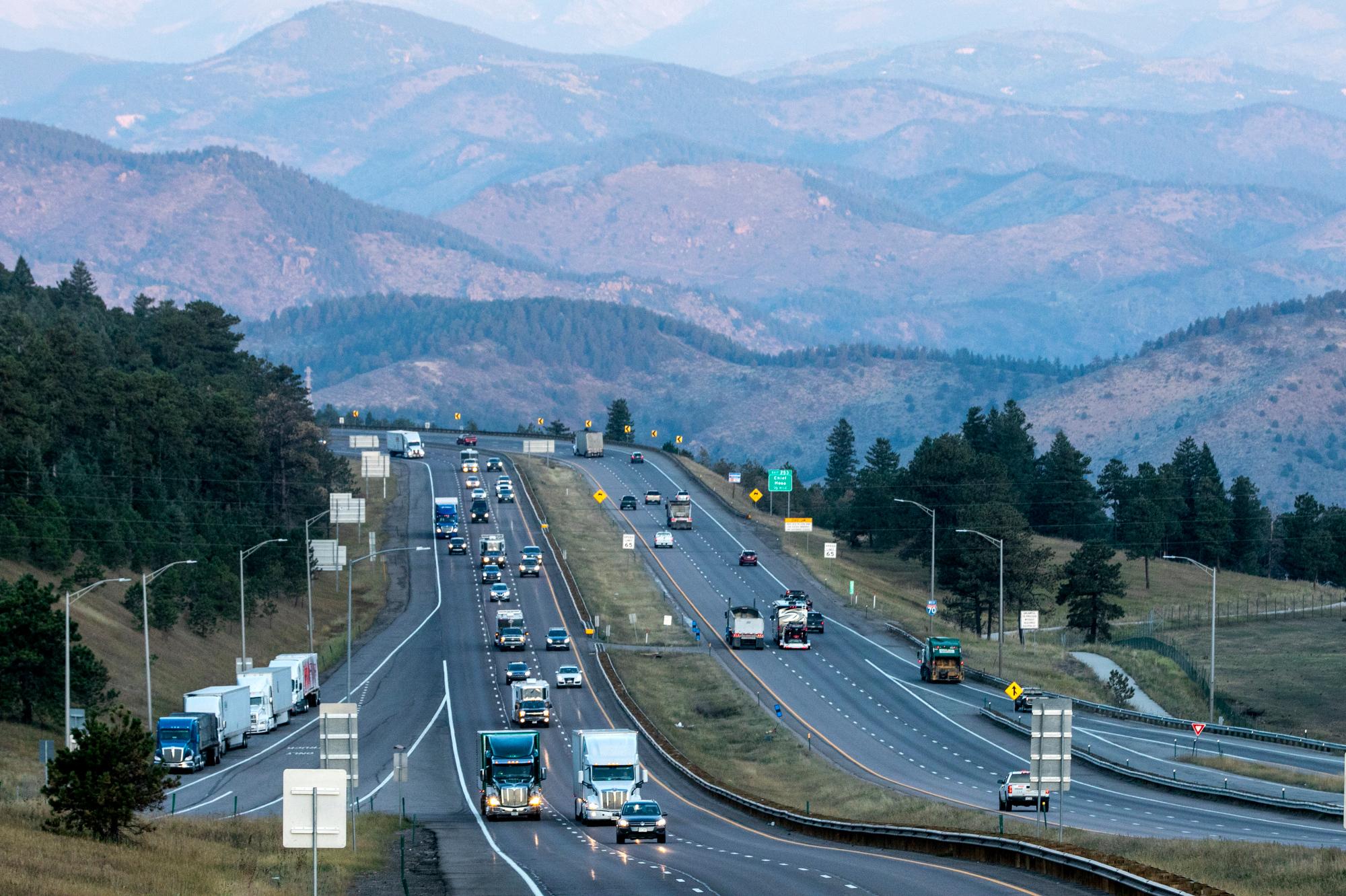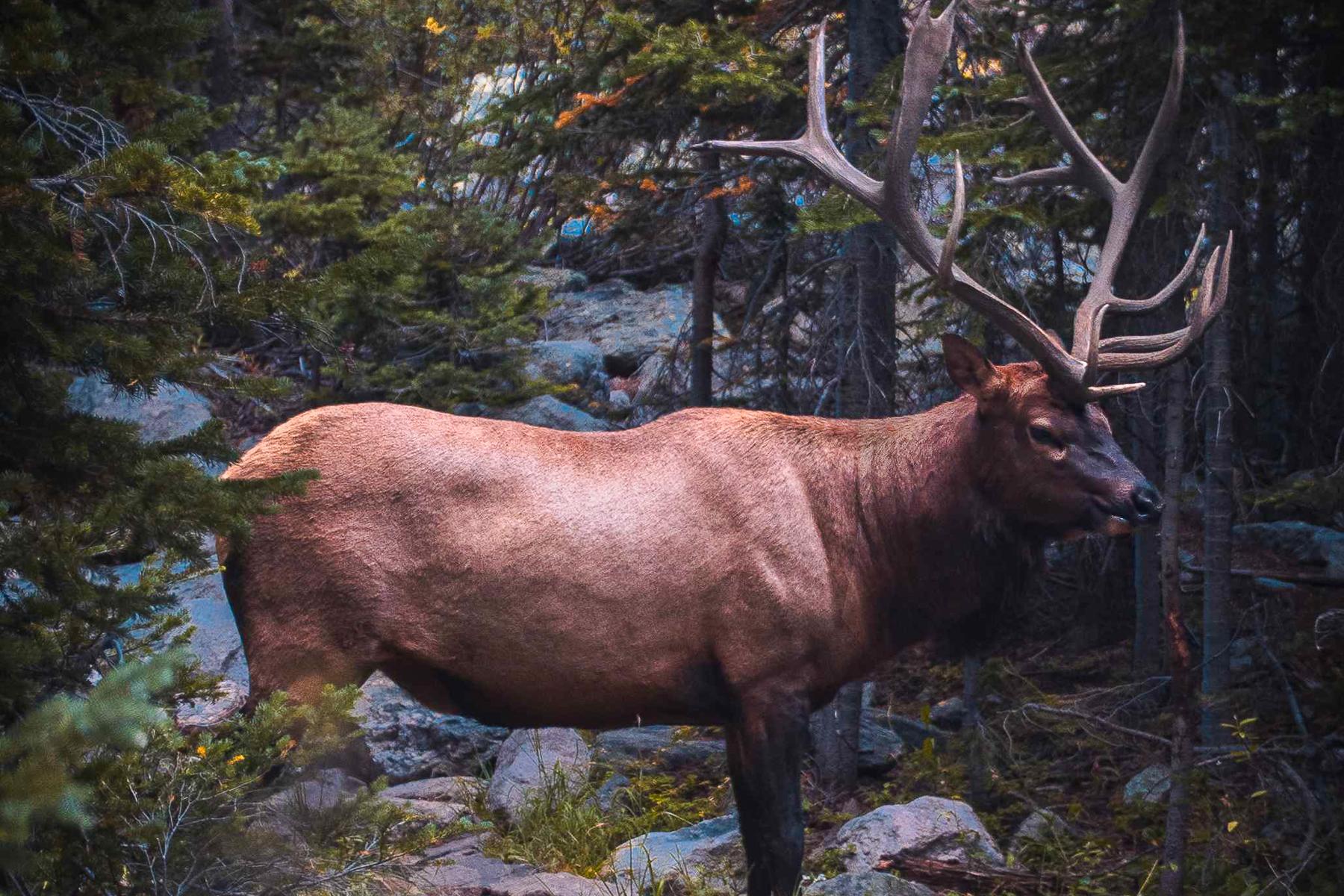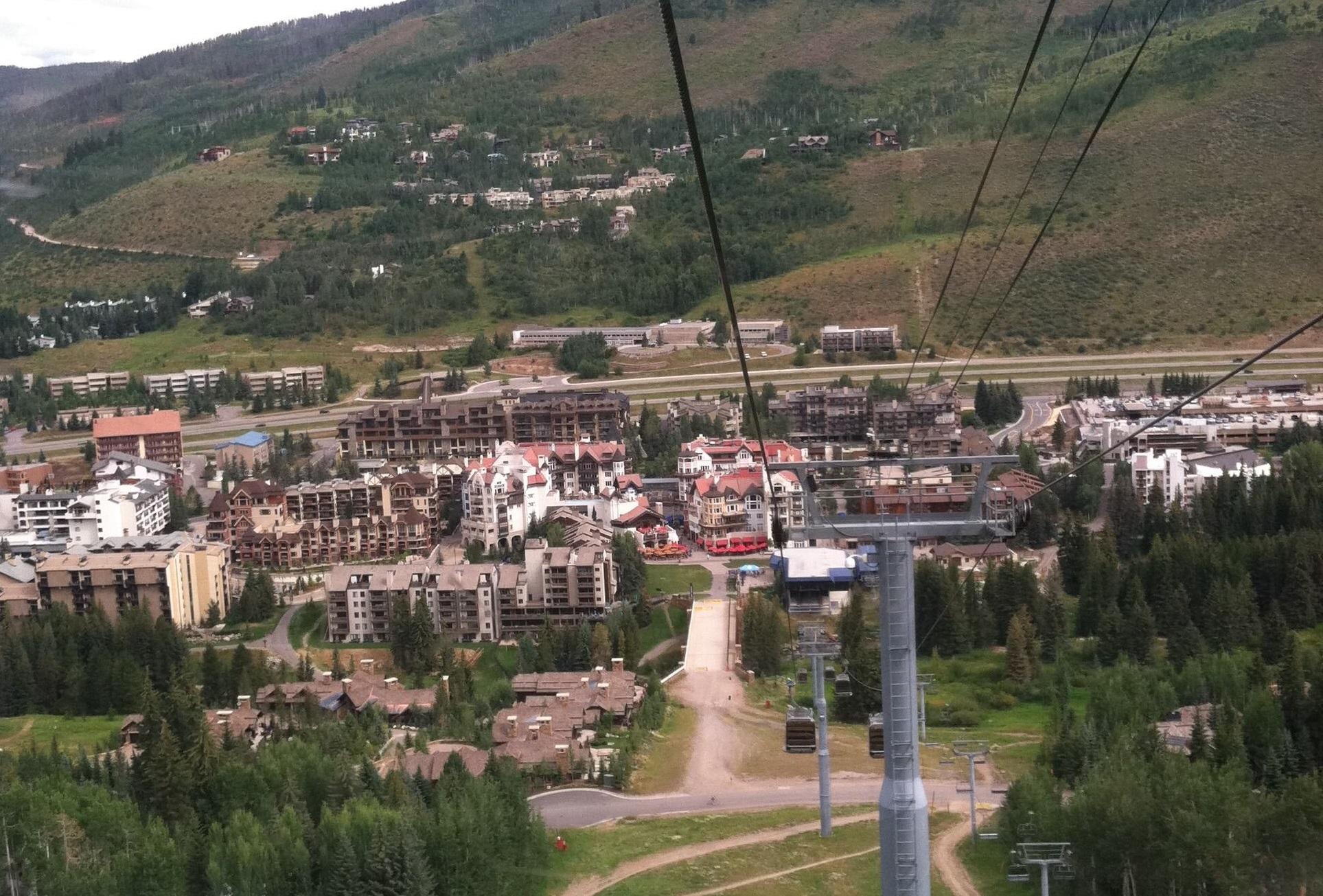
Motorcycle crash deaths reached a record high in Colorado recently, and the state patrol is urging both riders and drivers to do their part to help save lives.
“We have been recording deaths for a while, and I could tell you that 2024 saw a drastic increase in motorcycle deaths across the state, and we had a total of 165 deaths up to July 23 of this year,” said Sgt. Ivan Alvarado of the Colorado State Patrol in a Colorado Matters interview with host Chandra Thomas Whitfield. “We're already at 61 deaths when it comes to motorcycle riders. One death is too many, and we're trying to talk to everybody out there, especially the riders, that they need to ride carefully.”
Alvarado said 2024 was the deadliest year on record for riders in Colorado. “Right now, I'm seeing numbers from 2020 all the way through 2024, and I think the lowest of those years was 135 deaths for 2023. So we did see a huge spike, another 30 deaths, when it comes to motorcycle riders.”
Alvarado said two leading causes stand out.
“Out of the 165 riders that died in 2024, I could tell you that two of the highest contributing factors were speed and intoxication,” Alvarado said. “So we have riders out there that are obviously driving way too fast and then driving while impaired. That is not a great combination at all.”
Helmet use also plays a significant role in survival, he said.
“Obviously, it is a big factor because 44 percent of those 165 riders last year were not wearing a helmet; that is 73 people that were not wearing a helmet,” Alvarado said. “Even though it's not illegal, even though people are not required to wear it, we definitely encourage riders to wear that helmet to increase your chances of survival.”
Motorcyclists also face higher risks on Colorado roads.
“Even though motorcycles only account for three percent of traffic, when it comes to fatalities, they account for a quarter of all fatalities,” Alvarado said. “These days, it is a higher risk than before. Because a lot of drivers out there in their cars are driving with their cell phones, driving with a burger, being distracted by passengers and everything else.”
As of January 1, 2025, it is illegal for drivers to hold or manually use mobile electronic devices like cell phones. The Hands-Free Law was passed in an effort to reduce distracted driving crashes. It does allow cell phone use if a driver uses hands-free accessories.
Regarding the criticism that the state patrol has faced for not enforcing distracted driving laws enough, Alvarado acknowledged that more needs to be done.
“We'll take the criticism, and we know for a fact that we're trying to do everything we can, but we should do more. And that is not questionable that we should do more,” he said. “We wish we could stop everybody that's driving with a cell phone. We wish that there was a way that everybody would just put it down.”
Another relatively new law that may confuse both drivers and motorcyclists is Colorado’s Lane Filtering Law. It allows a motorcyclist to pass cars in between lanes but only when all traffic is at a complete stop, usually at a red light or in gridlocked traffic. Again, the idea is to lower the risk of a motorcyclist being injured or killed in a crash by reducing the chances a rider might get rear-ended by a car or a truck.
Alvarado stressed that responsibility is shared.
“It's a collaborative matter that we all just need to be responsible and take a part in,” Alvarado said. “For the drivers, let's start with being aware that there are motorcycles out there. And if you put your phone down, you put the burger down and you focus on just driving, you're helping a lot just by doing that.”
For riders, his message was clear: “Let's not drive too fast. Let's drive sober, let's drive careful,” Alvarado said. “If you and everybody out there start to just get the word around that helmets save lives, and more riders start to wear helmets, then we're also going to see that number decrease. So everybody, focus on driving and riders slow down, put on that helmet.”









